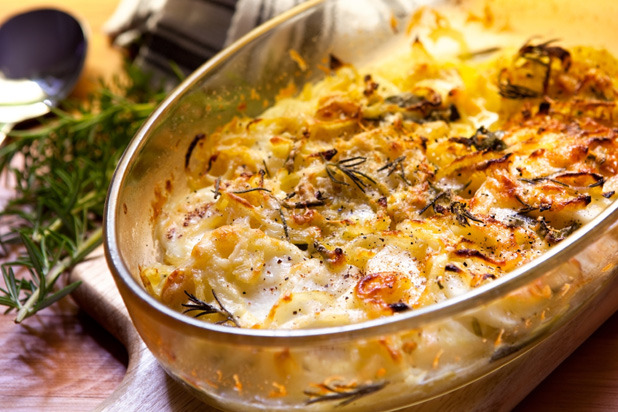How To Order At A French Restaurant Without Sounding Très Stupide Slideshow
No, they don't resemble the coconut flavored macaroons that you might be thinking of. And they certainly don't sound like them either. If you're looking to pronounce this correctly, you'll want to say something like mack-ah-ROHn, with a firmly gargled "r" there, a nasal finish, and a soft "n." Maybe hold your nose while you say it to get a feel for what it should sound like.
Chocolat Chaud: show-KO-la show
If you're lucky, you'll get a hot chocolate just like they serve in France, which is pure melted chocolate that is sometimes mixed with some heavy cream, an egg yolk, and/or sugar. Pronounce this one "show-KO-la show."
Vin: vEHn
The French arguably produce some of the world's best wine, and it is always impressive to fellow diners when someone orders a "bon vin rouge, peut-être un Saint-Émilion de Bordeaux" with confidence. To properly pronounce the word "wine," don't pronounce that as a hard "n." Just leave the word there floating in the air. It should sound something like you were about to say "van," but then kind of trailed off with that "n." If you can make that sound a little nasally, even better! Red wine sounds like "vEHn rooje" and white wine should be pronounced "vEHn blohn."
Pain: pEHn
The French word for bread follows the same rule as "vin," but many Americans pronounce it in a way that causes most French people what the word looks like in English — pain. The rule of thumb is that if a French word ends with a consonant, you don't really want to pronounce that last letter. You should really be saying something like "pan," again with a nasally swallowing of the word ending, as if you forgot about the "n" just as you were saying it.
Hors d’Oeuvre: ohrr-derve
You're right, this one looks hard. What's up with those three vowels in a row anyway This term, which denotes little bites or appetizers, and which literally translates to "outside of the masterpiece" in French (the masterpiece being the entrée), is best pronounced like so: ohrr derve. The first "r" sound is firmly gargled, and the second is more subtle, in fact, it's barely pronounced. Don't you love this language?
Haricots Verts: ah-ree-ko vehr
This word is a perfect example of why everything sounds better in French. Even if you're saying something as simple as "green beans," you will look and feel sophisticated by pronouncing it correctly. As noted, in French the "h" is always silent, (called the H aspiré). If you've ever met a French person who is just starting to learn English, you'll quickly realize that they say "angry" the same way they say "hungry," because the hard "h" isn't in their vocabulary. So, if you want a side of green beans, just ask for "ah-ree-ko vehr." Gargle both of those "r's."
Au Gratin: oh-gra-tEHn
Who doesnt like a dish topped with a browned layer of melted cheese, breadcrumbs, or cream? The French definitely win a few points with their "au gratin" contribution to the world. However, this is not to be pronounced oh GROTT-in. Maybe thats what your brain is telling you to say, but you have to resist. Whats the rule again, friends? Dont pronounce that final "n"! What you should say is something like, oh-gra-tEHn, with a nicely gargled "r" in gratin.
Confit de Canard: con-FEE de can-ARR
Oh, the beauty of duck confit — a dish of duck legs that are salt cured and then poached in their own fat. If you've had it even once, you'll surely know what pleasures are being discussed here. The key to remember here is that the last few letters of each word are not pronounced. What you'll end up saying is something like "con-FEE de can-ARR." And go ahead and gargle that "r," kind of like a pirate this time.
Fruits Rouges: frwee rooje
Some combination of strawberries, raspberries, redcurrants, and other red-hued summer fruits, mostly served as a dessert in stew, crumble, or sorbet form. Don't pronounce this, "froots rooges." Instead, try saying, "frwee rooje." Let that "r" sit in the back of your throat like youre moving some mouthwash around there.
Bourguignon/Boeuf Bourguignon: buuhf boor-ghin-YAWn
You have Amy Adams and Meryl Streep to thank for re-entering "boeuf bourguignon" into the contemporary dining lexicon. Since Americans aren't used to seeing the "gn" combo in a word, this dish is a little intimidating to pronounce. Not to worry, it's a lot simpler than you'd think. Say it now, everyone together: "buuhf bour-gee-nYAWn." The "g" is a hard "g" as in "green," and as always, you want to add a nasally touch to the final syllable.
